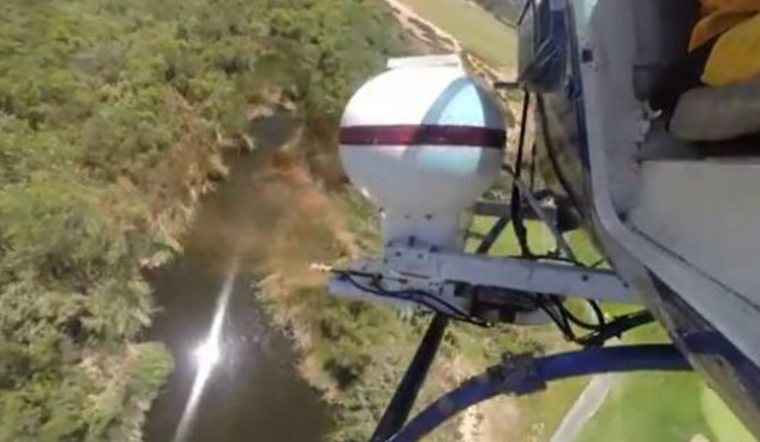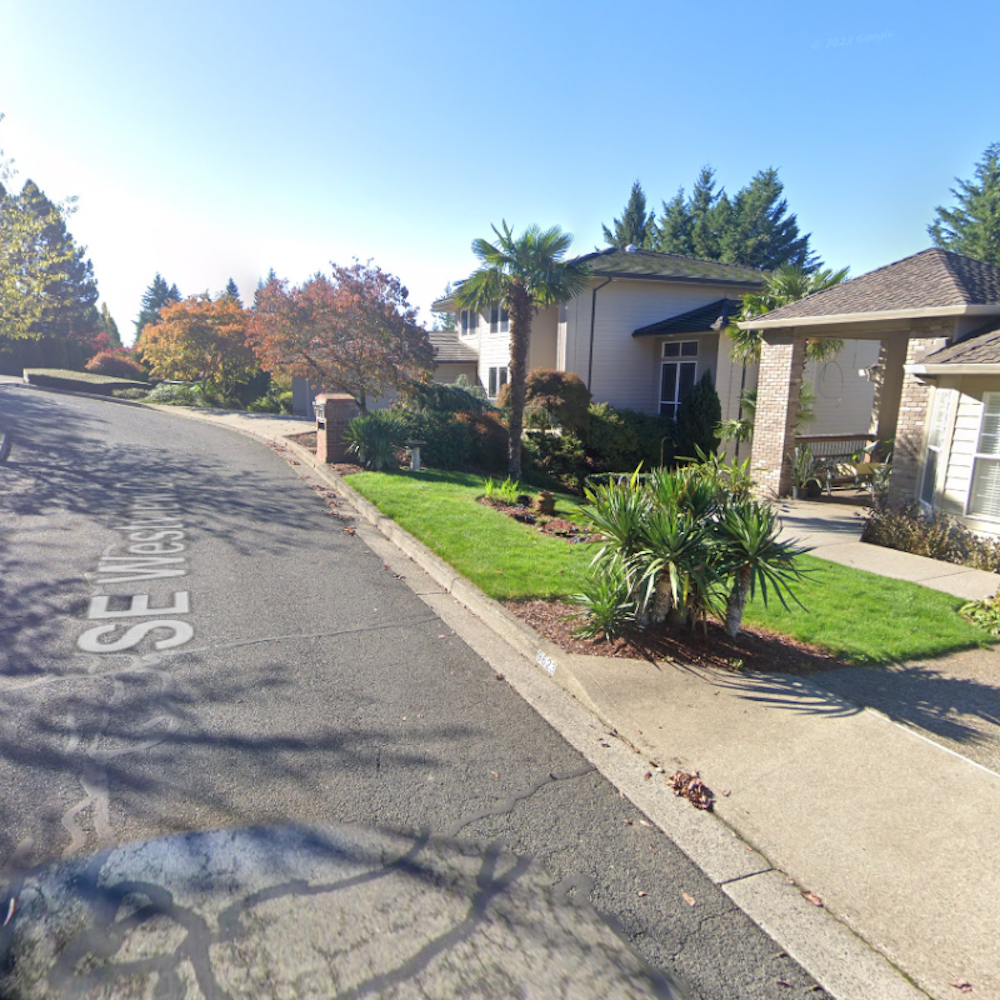
Residents of San Diego County can expect to see helicopters buzzing over local waterways next week as officials gear up for the year’s first aerial larvicide drop. Spanning 1,400 acres, the operation targets potential mosquito-breeding hotspots with the aim of halting the spread of diseases like West Nile virus. County News Center reports the drops will take place Wednesday and continue into Thursday if necessary.
The county has been combating the mosquito population from the sky since the early 2000s, a response to the arrival of West Nile virus. Despite the fact that West Nile virus cases have been relative low with three or fewer reported annually since 2017, the county sustains its effort to keep numbers down. The granular larvicide, deemed harmless to people and pets, targets mosquito larvae to prevent them from reaching maturity and potentially transmitting diseases.
Vector Control's fight against mosquitoes isn’t limited to just aerial tactics. According to County News Center, the Integrated Vector Management Strategy includes monitoring around 1,600 breeding areas, utilizing boats, trucks, and even hand-crews to apply larvicide. They’re also tracking down neglected swimming pools, giving out mosquito-eating fish, and running tests on dead birds to keep a pulse on the presence of West Nile virus.
Officials are also turning to the community for help in ensuring the county stays ahead of the mosquito problem. Residents are urged to eliminate standing water in and around their properties, a strategy to nip mosquito breeding in the bud. Homes have become a larger focus in recent years due to the introduction of invasive Aedes mosquitoes, carriers of Zika, dengue, and chikungunya, which breed in domestic settings. The county’s “Prevent, Protect, Report” guidelines serve as a beacon for locals to follow for safeguarding themselves from these pests.
In the fight against these biting nuisances, the community is advised to don long sleeves and pants, use approved repellents, and maintain proper window and door screens to keep mosquitoes outside where they belong. Reports of increased mosquito activity, stagnant waters, or dead birds can be directed to the County Department of Environmental Health and Quality’s Vector Control Program. They can be reached by calling (858) 694-2888 or via email at [email protected] for those who have done their due diligence yet still battle with mosquito issues.
For more in-depth information on mosquito-borne illnesses and preventive measures, residents can head over to the "Fight the Bite" website courtesy of San Diego County.

-1.webp?w=1000&h=1000&fit=crop&crop:edges)







